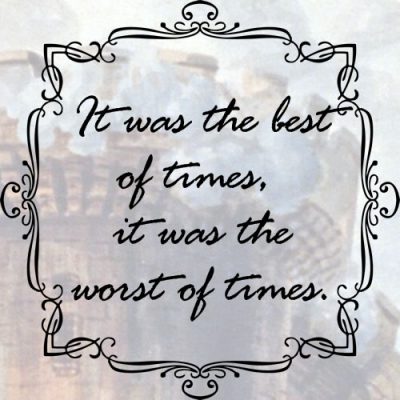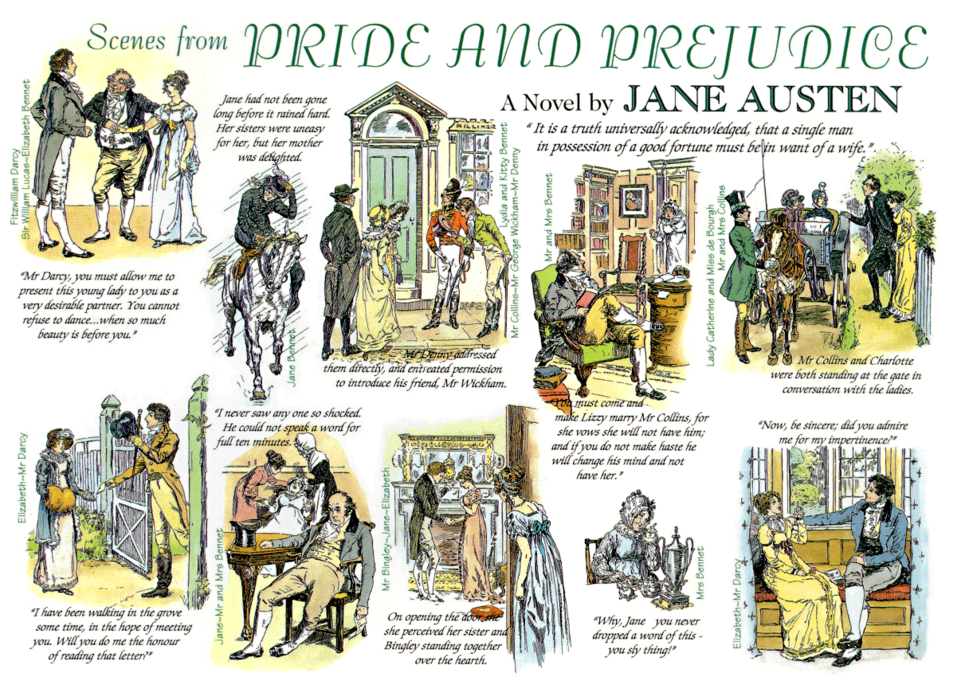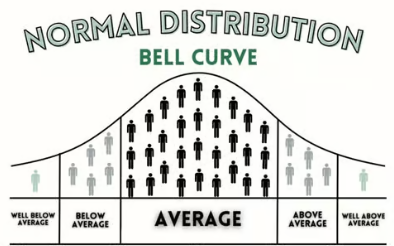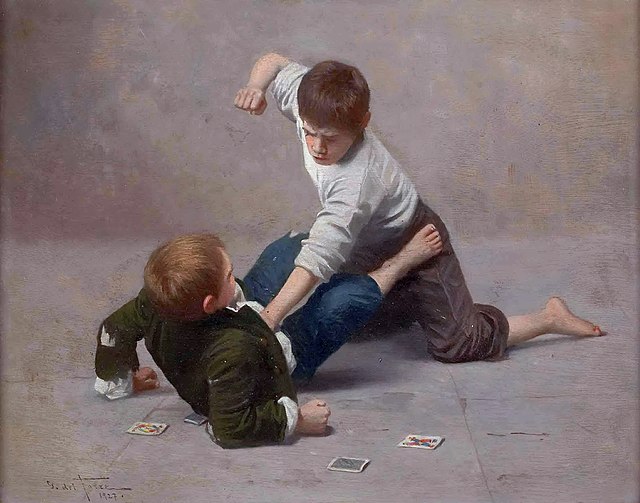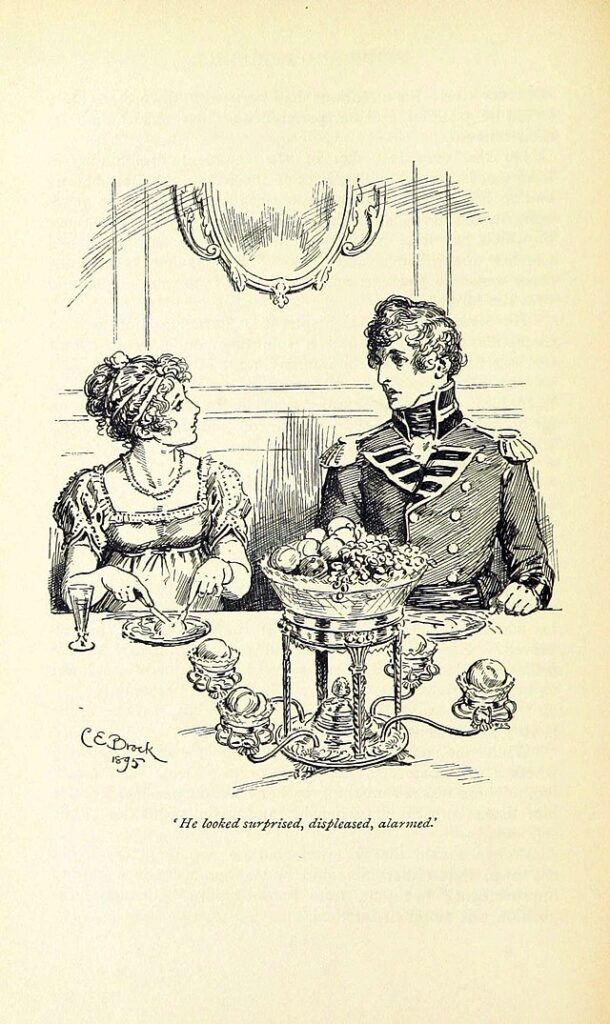Unreliable Narrators (Spoiler Alert!)

An Issue of Trust
I’ll admit, novels with an unreliable narrator are not everyone’s cup of tea, but I love them. You start off thinking the character is taking us on a believable journey and that we can trust their telling of the events, then unease creeps in. We start asking questions. We wonder where the character is leading us. Finally, there’s a revelation, hopefully a good one, which acts as a pay-off for the breaking of our trust. The trick is to execute this well. Easy, right?
Some Examples
The Girl on the Train – an issue of unreliable memory stemming from the confusion of alcoholism
Atonement – the narrator tells us the ending she wishes had happened
Life of Pi – the true nature of the animals is horrifyingly revealed
Experience
I’ve written two books with unreliable narrators. When I started the first one, I had no idea that my character wasn’t completely trustworthy in her retelling of events, right up until I got to the revelation. I was worried the reader wouldn’t go along with the narrator, that they’d think ‘yeah, right’ and immediately stop reading, but I’ve had good reviews for this book and I think that it’s because the story happened organically.
The second book was much more deliberately plotted – and much more complex, with three points of view and several revelations throughout. I’m waiting for feedback as to whether I’ve achieved this successfully as we speak.
I heard an interview where an author mentioned that the reader should say, “Oh! Of course that’s what was happening!” after the big reveal, rather than, “Where the hell did that come from?” The key, apparently, is to plant subtle breadcrumbs through the story, so that they think back and see the hints, double-meanings and small snippets which all point to the outcome.
Final Thoughts
Do you enjoy books with unreliable narrators? Why/why not?
Which books do this well?
How do the authors achieve this successfully, without the revelation of the truth seeming to come ‘out of nowhere’? Feel free to give spoilers as I’ve already warned of this at the start of the blog!
Structuring Scenes
How to craft scenes with purpose
I watched another excellent webinar recently. The content was helpful as both a planning tool and as an editing tool. Scene structure mimics story structure, but on a…
On The Honest Authors’ podcast, Gillian McAllister once mentioned that she was asked, “Do you really think that?” about something controversial she’d written in one of her novels….


